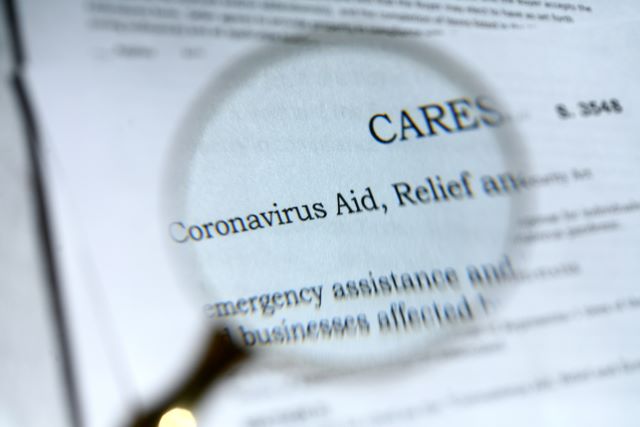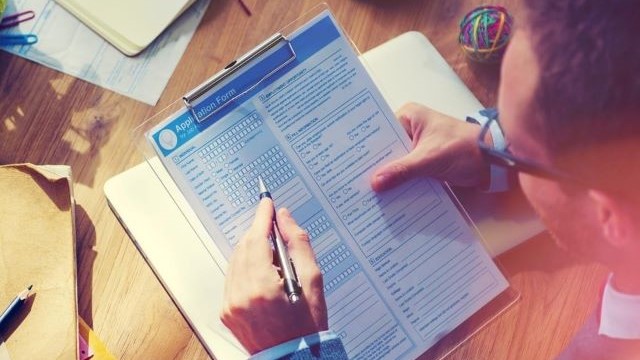Let’s clear up a bit of information about the Coronavirus Aid, Relief, and Economic Security Act (CARES Act) and how that might affect your bankruptcy filing.

If you, as an eligible individual, filed a single 2018 tax return, you may receive up to $1,200 or $2,400 if you filed jointly. The exact amount you receive will depend on your income, and you are advised to view the IRS Website for more detailed information. As well, additional financial support is available for individuals with children.
The Stimulus Check and Chapter 7 Bankruptcy
The CARES Act does discuss the treatment of stimulus checks, as they relate to Chapter 7 bankruptcy filings. Stimulus checks are specifically excluded from funds defined as “Current Monthly Income.” So, if during your bankruptcy filing you are required calculate a Means Test, you do not need to consider your stimulus payment in that amount.
However, the CARES Act fails to address whether the stimulus payment is considered an asset of your bankruptcy estate or not. Contact a lawyer to discuss this more deeply, as the specifics of this rule may vary from state to state. This is further complicated by the fact that many states have what is called a “wild card exemption” which means you are allowed to have up to $12,500 in assets that are exempt in your bankruptcy case, but how the stimulus check factors into that exemption are not entirely clear.
The Stimulus Check and Chapter 13 Bankruptcy
When filing for a Chapter 13 bankruptcy, the debtor proposes a payment plan to back all or some of what is owed to debtors, over the course of 3-5 years. This plan must include all of the debtor’s disposable income. How this relates to the stimulus check follows: the CARES Act protects your stimulus check from being included in that Chapter 13 payment plan (i.e. it is not considered disposable income.)
A common question arises regarding the firmness of the 3-5 year payment plan, if the debtor’s hours have been cut at work due to COVID, or if the debtor lost his/her job due to COVID. The CARES Act addressed these concerns in several ways. First, the act allows a debtor to modify their plan if “the debtor is experiencing or has experienced a material financial hardship due, directly or indirectly, to the coronavirus disease 2019 (COVID–19) pandemic.”
Second, the CARES Act allows a debtor to modify the plan so that it goes up to 7 years, instead of the previous maximum of 5. This extended payment plan allows the monthly payments to be reduced, thus alleviating some of the financial hardship caused by the pandemic.
Unemployment and COVID-19
You are far from alone if you have recently become unemployed due to COVID-19. According to PEW Research, the pandemic “swelled the ranks of employed Americans by more than 14 million.” In late May, the unemployment rate was as high as 16%, according to the U.S. government’s estimate. However, that number is not including the millions of workers who have been downgraded to part-time work or even fewer hours. Any reduction in hours makes it difficult to make ends meet, even if you are not officially “unemployed.”

Data shows that women are more affected by the downturn than men, by about 3%, with Hispanic women suffering the greatest loss of work among all groups of women. The unemployment rate for a Hispanic-American woman was reported at 19.5% back in May.
Workers in the 16-24 years old age group have an unemployment rate of 25.3%. This high rate is likely due to their jobs being in industries considered high-risk such as food services and drinking establishments.
No matter what your age, gender, or ethnicity, being unemployed or having your hours drastically cut can lead to a terrible financial situation. Don’t feel bad if you end up needing to file for bankruptcy to help you through this difficult time. Consult with an bankruptcy to determine the best path for your unique situation.





